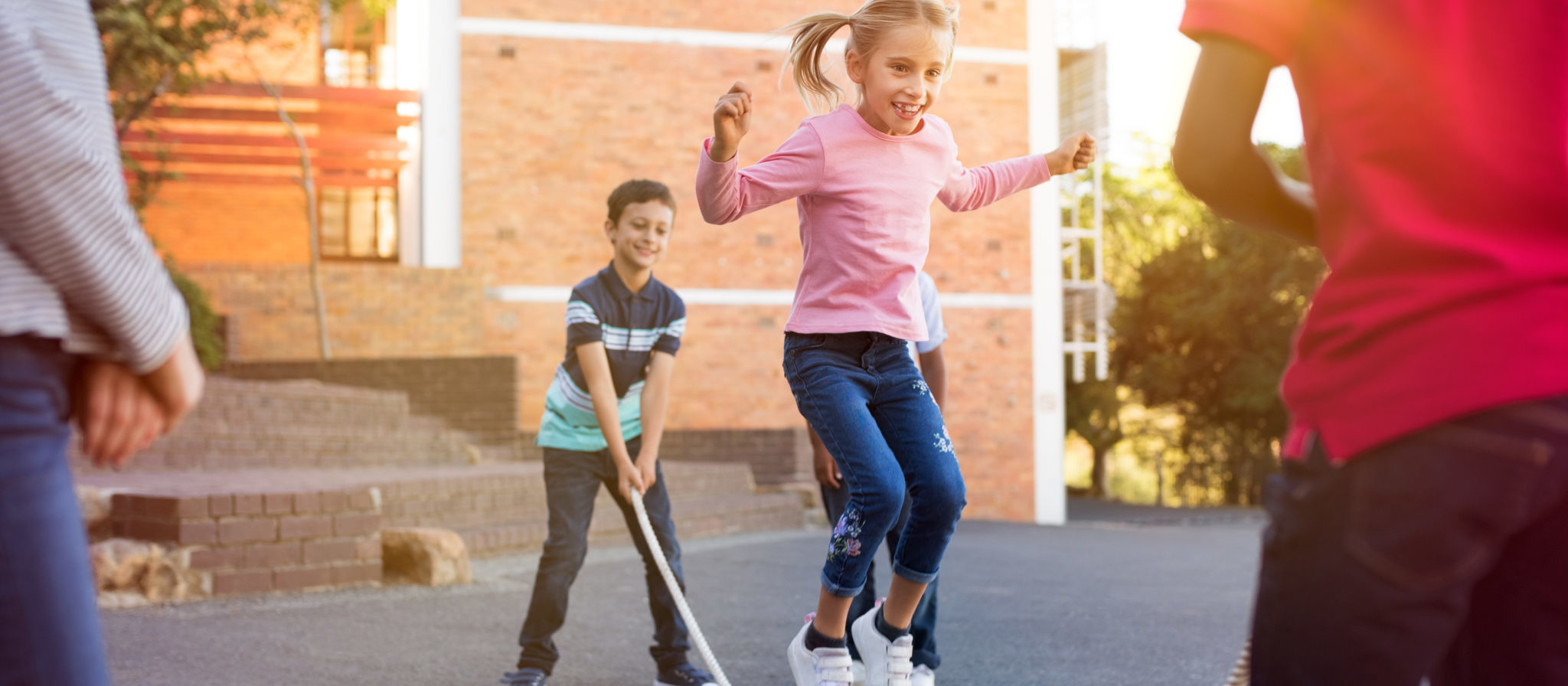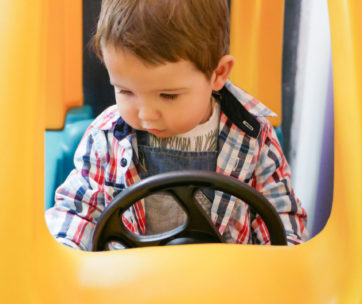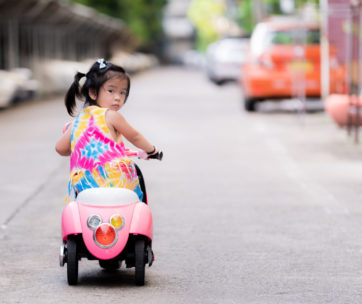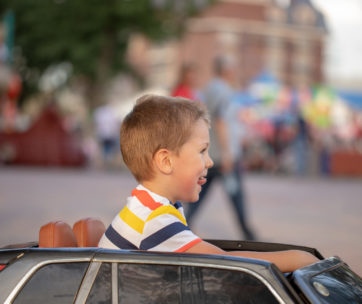BY Nick Bulanda
Published March 31, 2019
The importance of motor skills in child development cannot be overstated. However, it is hard to understand the importance without understanding motor skills in general. Parents must properly educate themselves to all stages of childhood development. That way, you know which toys to provide your child with. All the while, you work with them to develop these motor skills. The better the childhood development process, the better the future. If you are not an expert, do not worry. Ride Toy Zone is here to help. We have examined the benefits and importance of both gross and fine motor skills. Here is what you need to know as a parent:
Importance of Motor Skills in Childhood Development
There are two types of motor skills. But, first, we must focus on the definition. Simply put, motor skills are the movements related to muscles. The two types of motor skills include fine motor skills and gross motor skills. Both types of skills are incredibly important. Unfortunately, so many parents only focus on gross motor skills and ignore crucial fine motor skill development. Do not do this. You will understand why as you learn about why motor skills matter.
According to Minds-In-Motion, research reveals that physical movements in the daily curriculum can increase academic scores. Early childhood development of motor skills can deliver so many great benefits down the line. Children stimulate their brain at an early age and begin to understand complex concepts. Meanwhile, they fully learn how to control their muscles both big and small.
Crawl time is an example of developing motor skills. Children understand timing, visual-motor control, and more. Each stage of development is just as important as the last. Some parents, unfortunately, rush through the process without any thought. Do not make this mistake. Instead, value the essential nature of motor skill development.

Gross Motor Skills
This is not the normal meaning of gross. Instead, gross motor skills involve large body movements. Therefore, it deals specifically with larger-sized muscles. As you can imagine, gross motor skills involve the movement of the arms and legs. Thus, it is responsible for walking and running later in life. For toddlers, gross motor skill development is key for crawling. After, children develop the ability to walk, run, and jump. So there are plenty of reasons to focus on gross motor skills.
The better gross motor skill development starts, the better the results. Again, never rush through this process. Instead, let kids develop their abilities over time. Provide them with ample time to develop crawling skills. Never force them on to the next step. When the time is ready, they will begin to walk on their own. Or at least they will try to!
There is more to the importance of gross motor skills than just physical movement. Instead, there is a psychological aspect to the situation. Better gross motor skills bring about great confidence. In particular, children feel incredibly confident about their bodies. As a result, they feel more confident in general moving forward. Confidence can inspire children to chase their dreams and push the limits as an adolescent.
Fine Motor Skills
Unlike gross motor skills, fine motor skills do not involve larger body movements. Rather, fine motor skills often involve smaller muscle groups. The best examples are hand muscles and wrist muscles. Simply put, fine motor skills are like the opposite of gross motor skills. however, they are both equal when it comes to importance. So you should never overestimate the importance of motor skills in childhood development. Even when it comes to minor movements and minor muscles.
Arts and crafts are a great way to develop fine motor skills. Focus particularly on drawing and coloring. Anything that involves minor movements. Fine motor skills are arguably just as important as gross as children become adults. Adults cannot properly function with a strong set of fine motor skills.
Fine motor skills are responsible for writing. Obviously, this is something required all throughout school and it carries over into adulthood. Therefore, it is important to start the childhood development of motor skills early. Precise hand-eye coordination is also a big part of fine motor skills. If you want your kids to play sports, better focus on those fine motor skills early.
How To Develop Fine & Gross Motor Skills
There are plenty of ways to develop fine and gross motor skills individually. But, for now, it is important to focus on ways to develop both. That way, you can do more with less effort. Provide kids with interactive toys like kids motorized cars. You might even find a toy that puts you in control like the remote control power wheels Jeep. Kids learn how to drive their own little car. In particular, they use their hands and fingers to control features inside and to drive!
Fine motor skills can benefit from simple activities like drawing and picking up blocks. Yes, even picking up blogs. Put out a bunch of different colored blocks and let kids play with them. They will understand how to grip the blocks and how to move the blocks. Meanwhile, their hand-eye coordination skills flourish.
Gross motor skills are even easier to develop. Again, start with some crawling sessions at a really young age. Then, when kids are ready to build up their walking abilities. Let them roam around and their gross motor skills immediately develop. Eventually, they will have a better gait cycle that is fluid and natural in motion. Larger body movements become easier and they can explore every single day!
Final Words
The importance of motor skills in childhood development should matter to all parents. Especially parents that want the best development possible. You do not need to jump through hoops to get great results. Instead, simple movement and simple sessions every single day helps. This is no different than having a sleeping and eating schedule. Simply open in some time to play each and every day. You will notice improvements as your toddler grows up.


